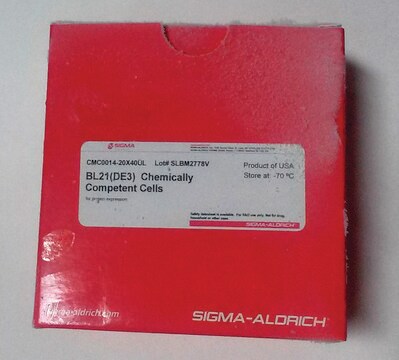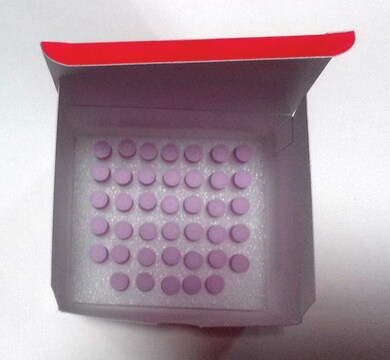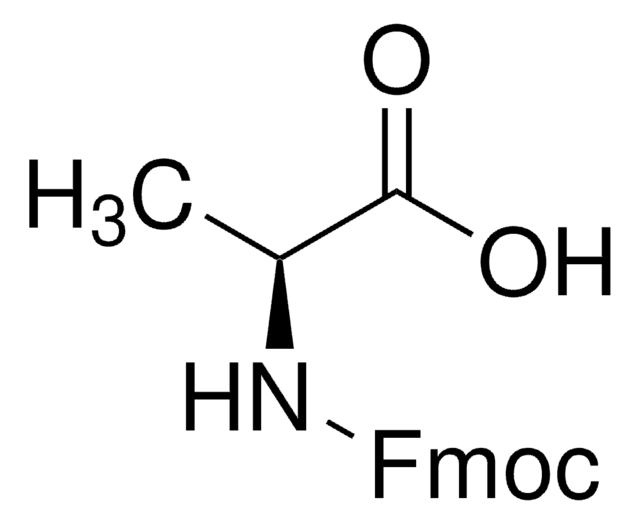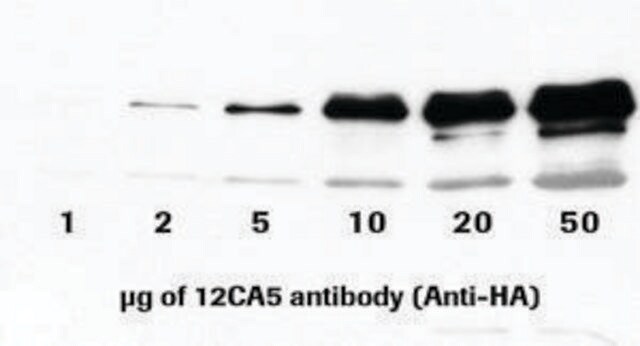CMC0008
STEADY Chemically Competent Cells
Escherichia coli, rod shaped
About This Item
Polecane produkty
product name
STEADY Chemically Competent Cells, for plasmid production using unstable DNA
pochodzenie biologiczne
Escherichia coli
klasa czystości
for molecular biology
Postać
buffered aqueous solution
tryb wzrostu
adherent or suspension
morfologia
rod shaped
metody
microbiological culture: suitable
transformacja komórek
competent cell type: chemically competent
transformation efficiency: >1 x 108 cfu/μg
Warunki transportu
dry ice
temp. przechowywania
−70°C
Opis ogólny
Clones with inverted repeats or other sequnces prone to recombination are commonly found in retroviral genes, and require cells such as this product to be propagated stably.
Genotype
recA13 supE44 ara-14 galK2 lacY1 proA2 rpsL20(StrR) xyl-5 λ– leu mtl-1 F– mcrB mrr hsdS20(rB–, mB–)
Cechy i korzyści
- Clone unstable sequences with reliable results
- Available as chemically competent or electrocompetent cells
- Your choice of two packaging formats
- High efficiency: over 1 × 108 cfu/μg (chemi) or 1 × 1010 cfu/μg (electro)
- Excellent value
Komponenty
- STEADY chemically competent cells
- pUC 19 transformation control DNA
- recovery medium for cloning
produkt powiązany
Kod klasy składowania
10 - Combustible liquids
Certyfikaty analizy (CoA)
Poszukaj Certyfikaty analizy (CoA), wpisując numer partii/serii produktów. Numery serii i partii można znaleźć na etykiecie produktu po słowach „seria” lub „partia”.
Masz już ten produkt?
Dokumenty związane z niedawno zakupionymi produktami zostały zamieszczone w Bibliotece dokumentów.
Nasz zespół naukowców ma doświadczenie we wszystkich obszarach badań, w tym w naukach przyrodniczych, materiałoznawstwie, syntezie chemicznej, chromatografii, analityce i wielu innych dziedzinach.
Skontaktuj się z zespołem ds. pomocy technicznej







